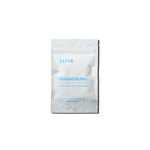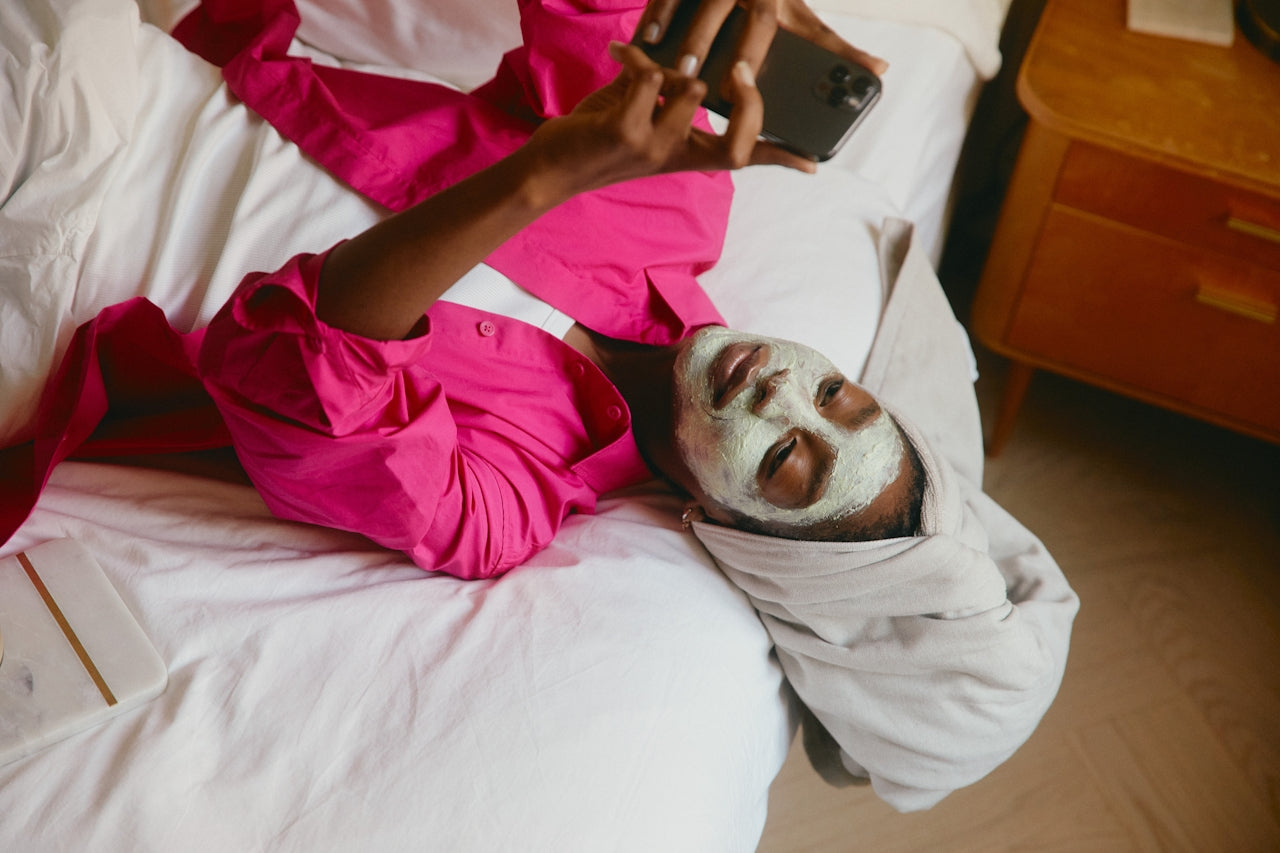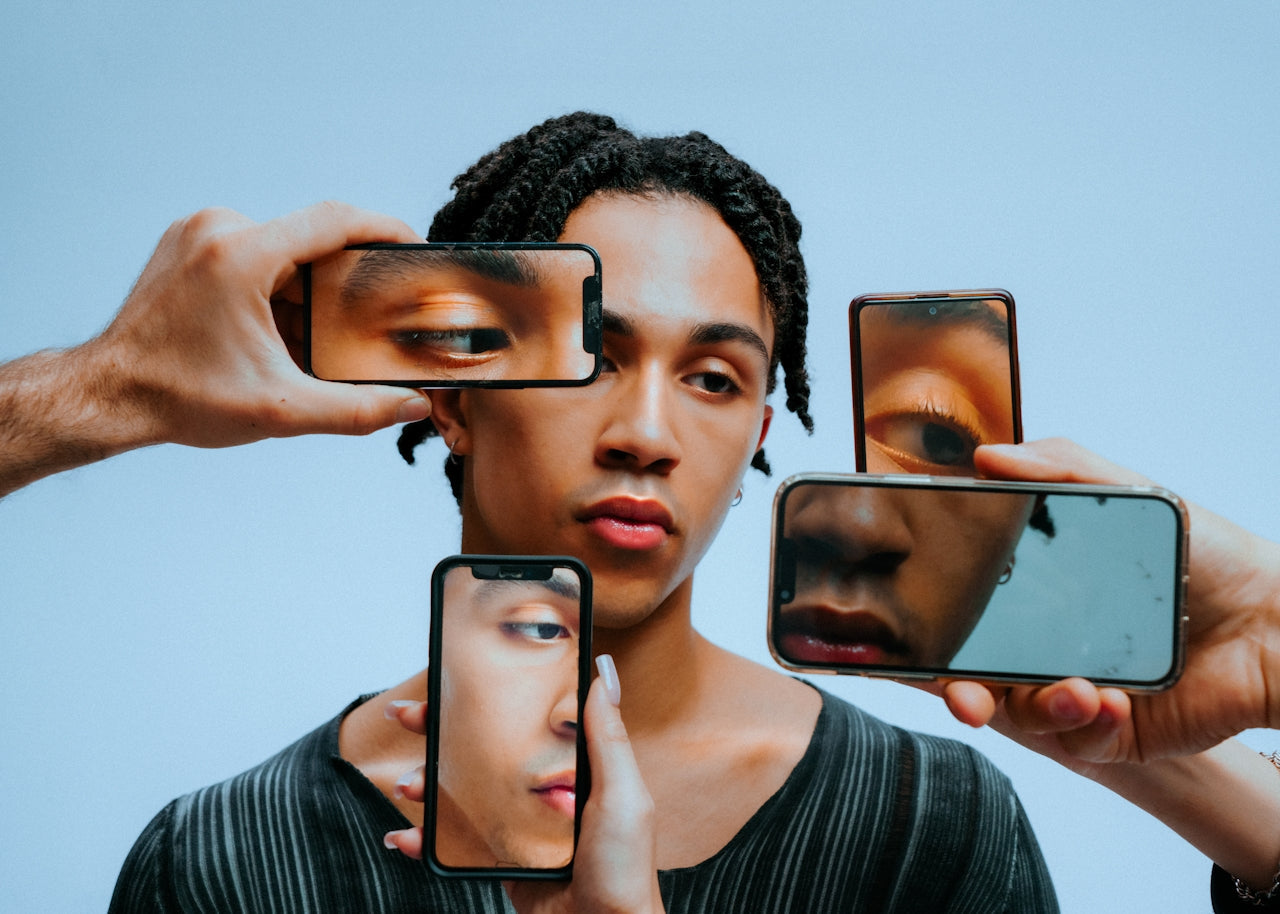In today’s fast-paced world, sleep has become a luxury that many can’t afford—especially Millennials and Gen Z, who have been aptly named “The Tired Generation.”
Both demographics face significant challenges in achieving the recommended 7-9 hours of sleep per night, with Millennials averaging just 6.8 hours and only 35% of Gen Z managing more than seven hours a night. The consequences of this chronic sleep deprivation are far-reaching, affecting everything from mental health to daily productivity.
Understanding the Causes of Sleep Deprivation
The root causes of sleep deprivation among these groups are multifaceted. High-pressure job environments, intensive school schedules, and the ubiquity of digital devices play significant roles. The glow from our screens isn’t just stealing our sleep; it’s disrupting our body’s natural rhythms. Financial stress, too, weighs heavily on the minds of these generations, further complicating their ability to get a restful night’s sleep.
Practical Tips for Better Sleep
Despite the challenges, several effective strategies can help improve sleep quality and quantity. Implementing these might be easier said than done, but the benefits they offer are well worth the effort:
1. Turn Off Push Notifications
Peace begins with a silent notification panel. Keeping phones in the bedroom is a common habit, but turning off notifications can prevent sleep disruptions throughout the night.
2. Reduce Blue Light Exposure
Blue light from screens can inhibit melatonin production, the hormone that signals our brain it’s time for sleep. Avoiding electronic devices at least an hour before bed can help maintain your natural sleep cycle.
3. Establish a Regular Sleep Schedule
Consistency is key. Going to bed and waking up at the same time every day can significantly improve the quality of sleep by regulating your body’s internal clock.
4. Create a Relaxing Bedtime Routine
Engage in calming activities before bed to signal to your body that it’s time to wind down. This could be anything from reading a book to taking a warm bath or practicing relaxation techniques like meditation or gentle yoga.
5. Optimise Your Sleep Environment
A conducive environment is crucial for good sleep. This means keeping your bedroom dark, quiet, and cool. Investing in blackout curtains, eye masks, or white noise machines can also be beneficial.
6. Avoid Caffeine After 1 PM
Caffeine is a stimulant that can stay in your system for up to eight hours. Limiting caffeine intake during the afternoon can help you fall asleep more easily at night.
7. Incorporate Physical Activity
Regular exercise can help you fall asleep faster and enjoy deeper sleep. However, timing is important. Try to avoid vigorous workouts close to bedtime as they might keep you awake.
The Impact of Better Sleep
Improving sleep quality goes beyond just feeling rested. It enhances cognitive function, mood, and overall health. For Millennials and Gen Z, addressing sleep challenges is not just a personal health issue but a societal one that impacts productivity, creativity, and even relationships.
By prioritising sleep and making conscious lifestyle adjustments, “The Tired Generation” can slowly transform into a well-rested, healthier future workforce. Starting tonight, take small steps to reclaim those precious hours of sleep and wake up to a brighter, more energetic tomorrow.










